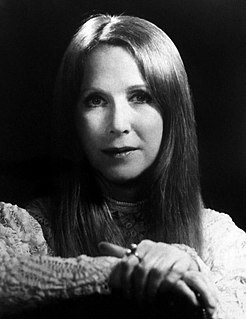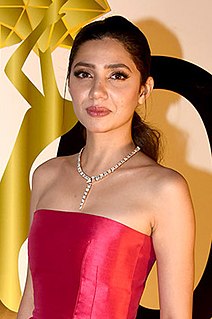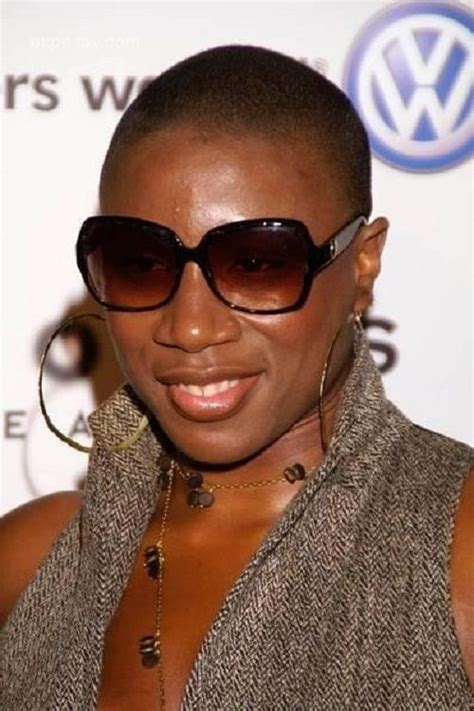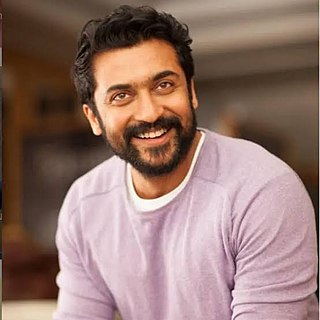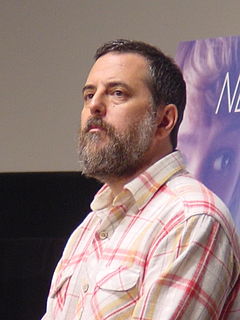A Quote by Reed Morano
I joke around sometimes and say that the DP [director of photography] is like a shrink for the director, but there's some truth in there.
Related Quotes
When I move from being a cameraman to being a director I looked at a lot of other cameramen who tried to make the move. And in each case they moved up their camera operator to be the DP, which really meant they didn't want to give up being the DP, and really wanted to do both. And my feeling was if I was going to succeed as a director, I had to just be a director and give up the safety net of being a cameraman.
The artistry on the show [ Underground] is apparent in each episode. From the riveting writing to the purposeful and precise direction, the masterful work of the DP [Director of Photography] Kevin McKnight and his crew, and the layers and depths each actor goes to to ensure we the audience feel a human connection to these characters led me to sign my name on the dotted line.
Just someone trying to shoot in 70mm deserves the nomination, and he[Quentin Tarantino] is shooting interiors, like tight interior shots, for that matter. Obviously [Quentin] is the director and demanding the shots, but all credit for the beauty of that film [Hateful Eight] goes to the director of photography.
With a director it's all about the work; I'd work with a great director over - you know, I'm not the kind of actor who that doesn't go, 'I want to play this role.' It's more like, 'I want to work with this director,' regardless of what the role is because if it's a good director, you'll probably find a good role because it's a decent film. But a mediocre director will always make a mediocre movie.






